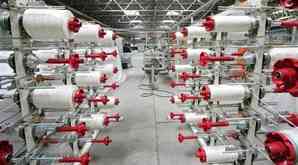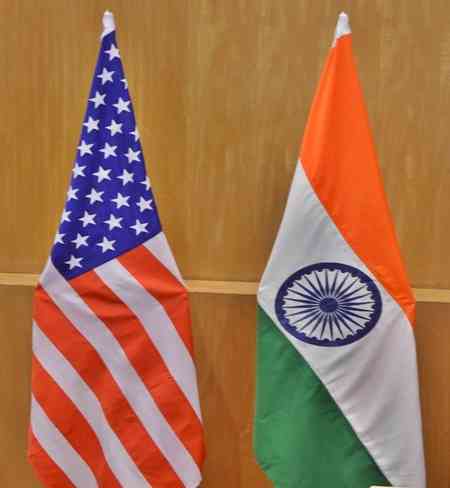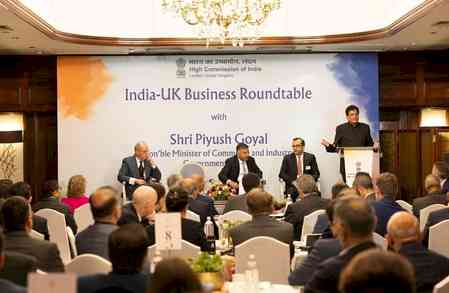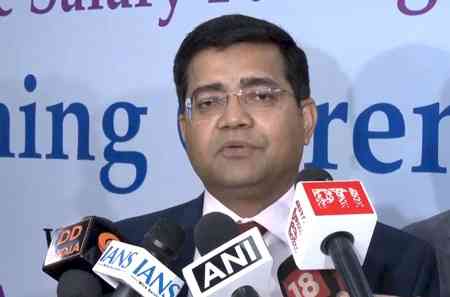Banks to play key role in attaining $350 billion target for Indian textile sector
Banks should play an important role in meeting the credit needs of textile sector, which supports 5.4 crore jobs and whose market size is targeted to grow from $172 billion to $350 billion by 2030, Textile Commissioner Roop Rashi has said.

Mumbai, Feb 24 (IANS) Banks should play an important role in meeting the credit needs of textile sector, which supports 5.4 crore jobs and whose market size is targeted to grow from $172 billion to $350 billion by 2030, Textile Commissioner Roop Rashi has said.
Rashi said we can reach this target before 2030 but the sector needs bank funding for product standardisation, capacity building, international branding and exports.
“Textile value chain from spinning to weaving is a capital intensive sector, which needs bank funding. While banks give priority to big ticket loans and project finance, I hope they will also give equal importance to funding needs of textile units,” the government official said during the ‘Export Conclave’ held jointly by WTC Mumbai and YES Bank.
This will truly promote financial inclusion as 70 per cent of handloom units are operated by women. Out of 100 handmade textiles in the world, 95 comes from India.
India, with a 16 per cent share in world population, should take lead in adopting sustainable and circular economy principles.
Banks should provide funding to textile units for technology adoption, R&D initiatives, product differentiation, branding and labelling initiatives, said Rashi.
She highlighted various initiatives taken by the government to promote sustainable textile clusters. The government has supported more than 47 patents across textile value chain, which needs to be commercialised.
Rashi suggested textile units to explore potential export opportunities in South East Asia, Japan and South Korea. She specifically informed that Japan has showed renewed interest in Indian textile products in recent years.
Praveen Kumar, Joint DGFT, Directorate General of Foreign Trade, Mumbai suggested MSMEs to benefit from the digitisation initiatives such as online self-generation of E-BRC, digital applications for certificate of origin, Advance Authorisation, EPCG and export licenses for restricted items.
Dr Vijay Kalantri, Chairman, WTC Mumbai, emphasised that India’s annual goods exports is $440 billion and in order to attain $1 trillion exports, we need to address key challenges of MSME exporters.
He also highlighted the role of WTC Mumbai in empowering MSMEs.
—IANS
na/


 IANS
IANS 










